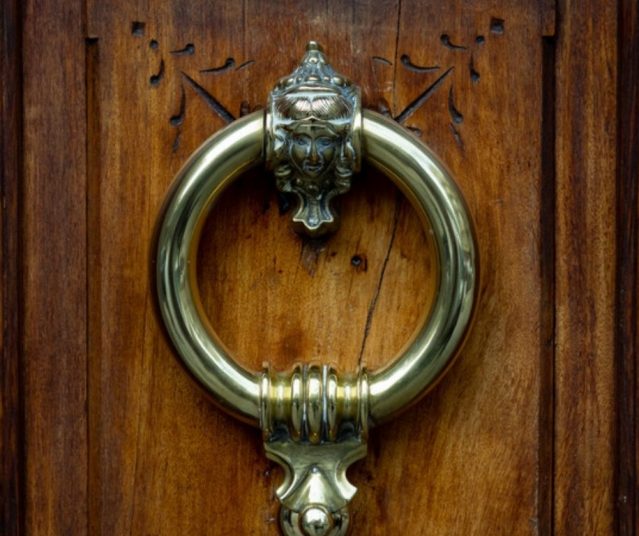Even the most well behaved sometimes wonder what they would do (or what they should do) if confronted by the police with an allegation.
There is no simple answer, but everyone should be aware of the following:
- Other than providing police with basic details like your name and address, there is no legal requirement to answer questions asked by police.
- Refusing to answer questions will not be held against you. If you are charged and the matter goes to court, the court will be told they cannot use your refusal to answer questions as evidence you are guilty.
- In limited circumstances, the police can issue you with a ‘special caution’. If they give this caution, and you then fail to give an explanation to police that you later give in court, that initial refusal can be used against you.
- A ‘special caution’ can only be given in the presence of a solicitor. ‘Presence’ means psychically present. If your lawyer tells you they will not be coming down to the police station whilst you are in custody, this may be the reason.
- The police are legally required to caution you before officially questioning you. The caution should include advice that you do not have to say anything to police. You can also ask to speak with a solicitor once this caution is given.
- You should not answer any police questions, or give a statement, without getting legal advice.
The decision of whether you should speak to police and give an interview is one of the most important. There is no general rule or simple answer. The only rule is you should get legal advice before making a decision.
Photo by Ramon Clemente
